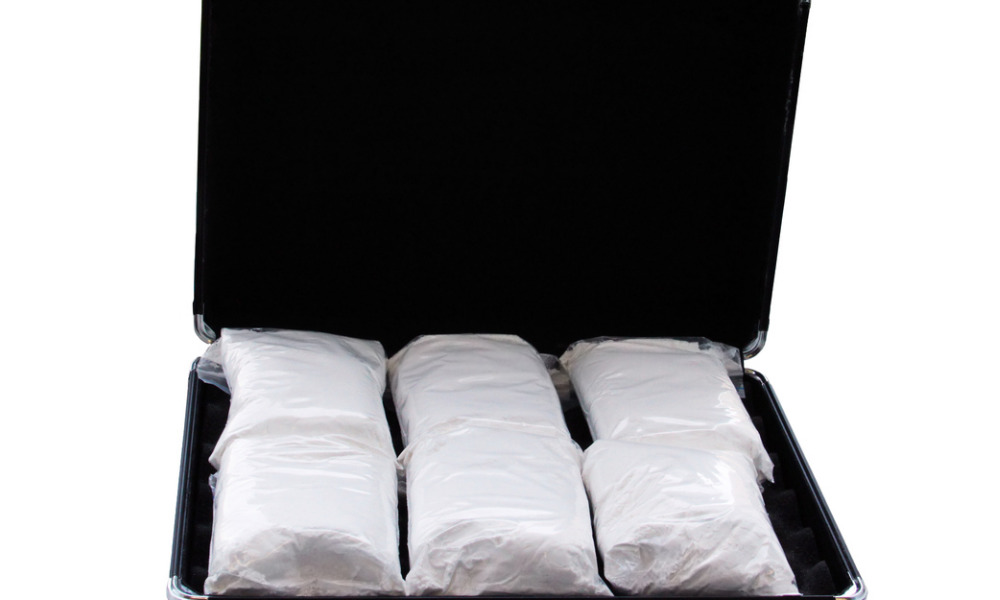
Police had reasonable grounds for arrest; ruse kept things safe and 'low-key'

The BC Court of Appeal has found that police officers had reasonable grounds to arrest an alleged participant in a cross-border drug smuggling operation between Canada and the US.
In United States v. Hollaus, 2022 BCCA 272, members of the Vancouver Police Department conducted an undercover controlled delivery of a suitcase containing imitation cocaine, in an effort to assist a pending investigation of the US Department of Homeland Security. Using a traffic stop ruse, they recovered the suitcase and arrested two individuals — including the appellant — who had picked it up and placed it in a truck.
The appellant, through two voir dires, raised issues relating to ss. 7 to 10 and s. 24(2) of the Canadian Charter of Rights and Freedoms. He wanted to exclude the voice identification evidence from his arrest and custodial interview.
The extradition judge rejected the appellant’s arguments. The appellant appealed from the committal order made against him under s. 29 of the Extradition Act.
The BC Court of Appeal noted that the appellant made submissions regarding issues which were not raised or which were conceded before the judge.
First, the appellate court ruled that police knew that the targets believed that they were picking up cocaine and had reasonable grounds, based on information from the operation, to arrest them when they picked up and drove off with the imitation cocaine. These reasonable grounds were detailed enough.
At the point of pickup, the appellant could be arrested for the Canadian offence of attempted possession for the purpose of trafficking, the appellate court said. The court rejected the appellant’s claim that there was “a direction to arrest anyone and everyone who attended the meeting point.”
Second, the appellate court held that police notified the appellant of the jeopardy that he faced and did not violate his charter rights by informing him that he was under arrest for possession for the purpose of trafficking.
Third, the appellate court determined that the police officers’ use of the ruse did not breach the appellants’ s. 10 rights. The ruse was meant to keep things “very low-key” and to ensure that the two targets could safely exit the truck.
The ruse lasted only four minutes from the time police first stopped the appellant to the time they told him that he was being arrested for possession of a controlled substance for the purpose of trafficking, the appellate court said.
Fourth, the appellate court noted that the appellant did not challenge the following issues before the judge: the credibility of the police officers involved, the subjective component of the reasonable grounds requirement, and the submission that the appellant was only committing the offence of attempted possession for the purposes of trafficking.
Thus, the appellate court found that the judge’s reasons, when read as a whole, sufficiently addressed the claimed charter violations. Because the appellant failed to adequately allege that there was a charter breach, the court saw no need to conduct a fresh s. 24(2) assessment.